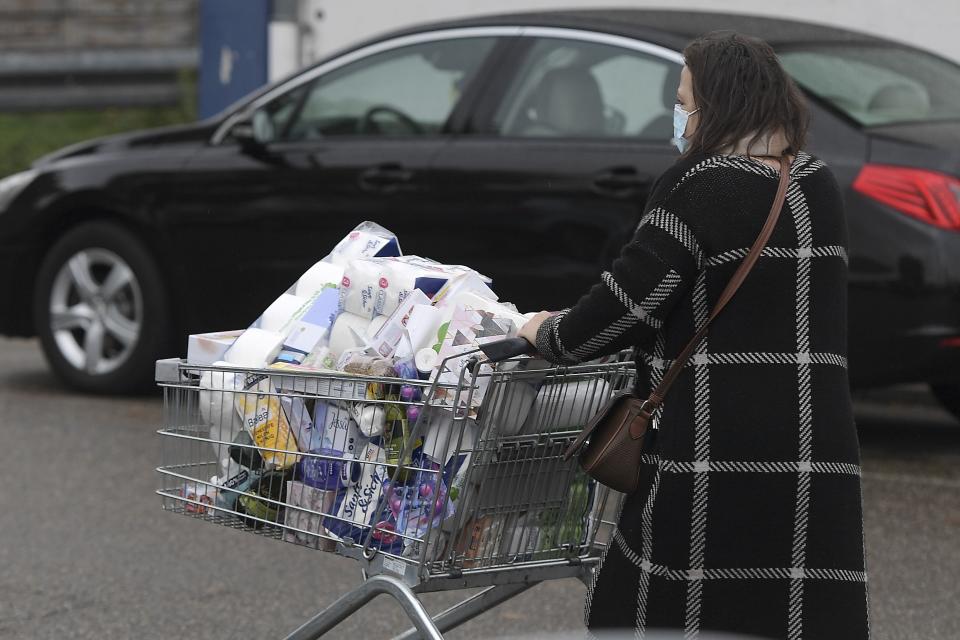Germans urged to stop stockpiling toilet paper amid growing lockdown fears

With coronavirus infections reaching new highs, and fears of local lockdowns mounting, people in Germany have begun stockpiling toilet paper and other essentials again, as they did at the start of the pandemic in spring.
“Hamstern” — the German word meaning to gather in supplies like a hamster — pushed toilet paper sales up almost 90% last week compared to weekly averages in the months before the crisis, according to the Federal Statistics Office.
Disinfectant sales grew by almost three quarters and soap sales by almost two thirds. Flour sales rose by more than a quarter, and yeast by more than 34%.
“Even if members of the federal government repeatedly emphasise that, despite the second wave of infections, no supply bottlenecks are to be expected, German consumers seem to want to play it safe,” Commerzbank economist Ralph Solveen told Reuters.
There are currently no plans for a nationwide lockdown in Germany. However, state leaders have said they will impose local lockdowns should cases continue to spiral. Berlin currently has an 11pm curfew on restaurants and bars.
Watch: What is a V-shaped economic recovery?
READ MORE: Daily COVID-19 cases surge past 11,000 in Germany for first time
The government has urged citizens to act sensibly and not panic-buy, assuring them that there won’t be any shortages on the shelves.
Federal agriculture minister Julia Klöckner appealed to consumers not to buy more than usual. "There is no reason for hamstering," Klöckner told the Frankfurter Allgemeine Zeitung. “The supply chains are working — that still applies.”
A YouGov survey last week asking some 6,000 people if they planned to stock up on toilet paper, pasta and essentials in the face of a second wave of the virus found that 9% said yes or probably yes.
Germany’s new cases of COVID-19 shot up to 11,287 in the 24 hours to Thursday (22 September) from 7,595 new infections on Wednesday, as the second wave of the virus sweeps the country.
Thursday’s data marks the highest daily number of new infections since the pandemic arrived in Germany in February this year. The head of the Robert Koch Institute Lothar Wieler said that the situation was serious, but could still be brought under control. He noted that many infections were happening at private get-togethers.
WATCH: What is inflation and why is it important?

 Yahoo News
Yahoo News 